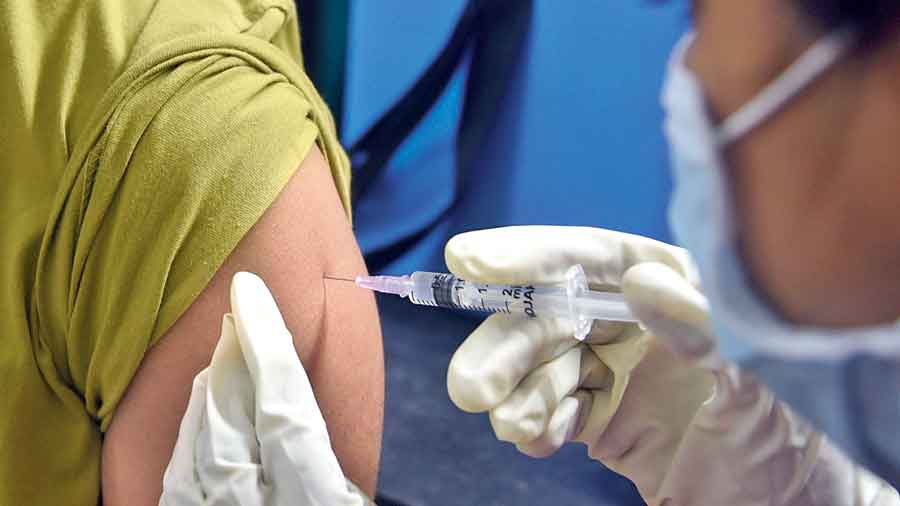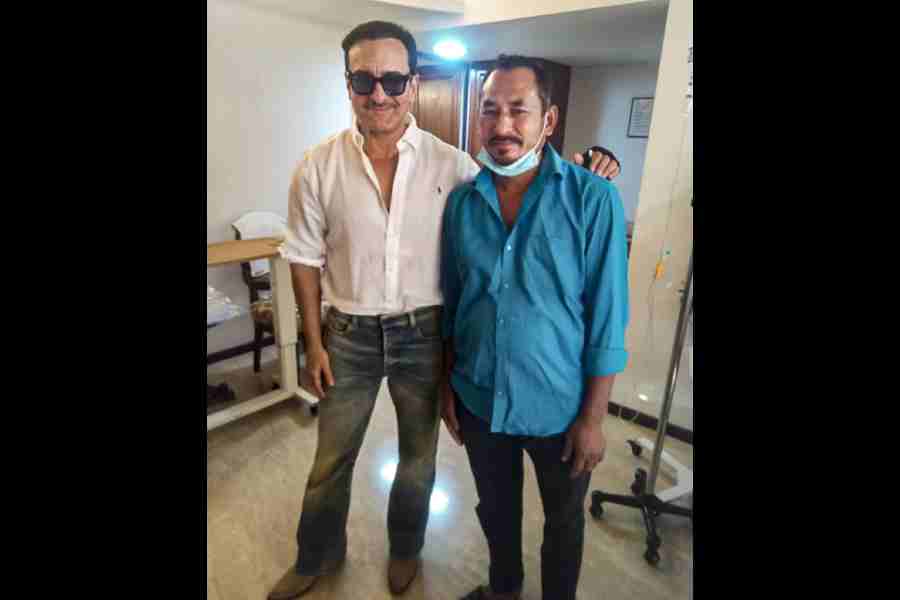The Supreme Court has made it clear that Covid-19 jabs cannot be forced. This lays bare the emerging tensions between public health and public rights. The matter is intriguing. But the apex court has adopted a nuanced position, providing a fine balance between these two imperatives. Responding to a petition that alleged that although the Centre had made it clear that the vaccination programme was not mandatory, some states — Maharashtra, Madhya Pradesh, Tamil Nadu are among them — have passed orders that discriminate between vaccinated citizens and unvaccinated ones pertaining to their access to public space and even welfare programmes. The wise judges reiterated that bodily integrity, protected by Article 21, is sacrosanct and inferred that by this logic, the notion of ‘personal autonomy’ gives citizens the right to determine whether they should accept or refuse medical treatment. Significantly, the court also noted that neither the Centre nor the state governments had put before it evidence that would justify the implementation of iniquitous policies against those who are yet to receive the jab. Hearteningly, the Supreme Court also issued a directive stating that the executive may undertake suitable preventive measures to stop the contagion if the situation so warrants but these measures would be subjected to constitutional scrutiny.
What the court is, evidently, pushing for is for citizens to make an informed choice. This is how things should work in a democracy. The executive’s future role is clear. It must design interventions to help people make an informed decision. Even though booster shots have been made available, data suggest that India is yet to fully vaccinate its total number of beneficiaries with either two or a single dose of vaccine. This shows that work needs to be done still to extend not only the twindose coverage but also widen the net for booster doses. This means that the government cannot be lax as far as awareness programmes go. The challenge is to help people, especially those who harbour prejudices against the medication, be aware of the need for and the efficacy of these medicines, especially since the pandemic remains a threat. But coercion, as the court has pointed out, has no place in these deliberations.










